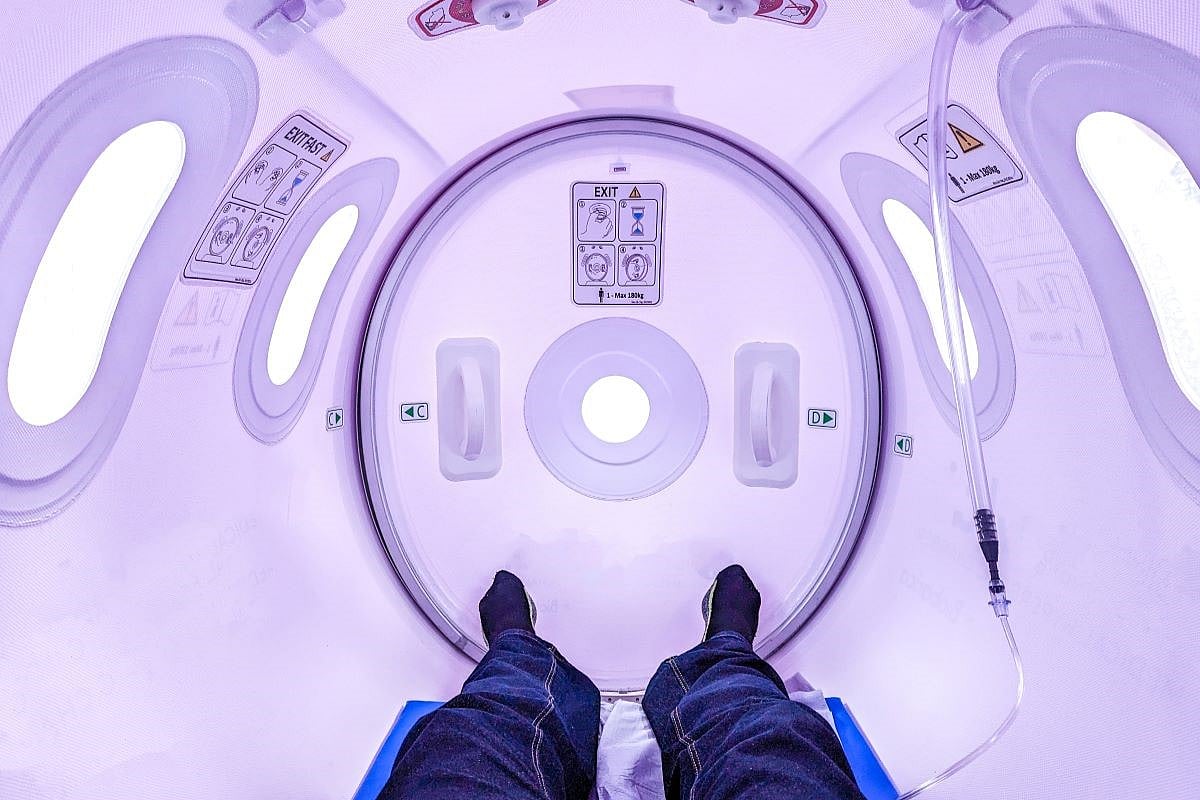The world’s population is getting older. In the United States, all baby boomers will be over 65 by 2030, and by 2034, older adults will outnumber children for the first time. With age comes a higher risk of chronic conditions, immune system changes, and diseases that affect independence and quality of life.
Dementia—including Alzheimer’s disease—is one of the most pressing concerns. Currently, around 55 million people worldwide live with dementia, and that number is expected to rise to 78 million by 2030 and 131 million by 2050.
How Infections May Play a Role
Infections remain a serious problem for older adults. Hospital-acquired infections are more common among elderly patients, affecting about 7.4% of people under 65 but 11.5% of those over 85. In fact, hospital-acquired infections are the primary cause of death in roughly one-third of adults over 65.
Beyond immediate risks, research also shows that infections may contribute to long-term brain health. Both viral and non-viral infectious diseases have been linked with an increased likelihood of developing dementia.
Prevention Is Key
Current dementia treatments, including new antibody-based drugs, have shown only limited benefits. Because of this, researchers are focusing more on prevention. Many risk factors—such as high blood pressure, diabetes, smoking, hearing loss, and social isolation—can be modified and may account for almost half of dementia cases.
Emerging evidence suggests that infectious diseases, such as herpes simplex virus types 1 and 2 (HSV-1, HSV-2), may also be risk factors. This raises the possibility that vaccines, antiviral treatments, and even non-drug interventions could play a role in lowering dementia risk.
Viruses and Cognitive Decline
One well-studied example is HIV. Before the development of combination antiretroviral therapy, about half of people with HIV experienced dementia or neurocognitive impairment. Even today, with effective treatments, mild to moderate declines in thinking and memory are still seen. Large studies confirm that people living with HIV have a higher risk of dementia compared to those without HIV.
The Takeaway
While many questions remain, growing evidence suggests that infections may be an under-recognized factor in dementia. Preventing and managing infectious diseases could be an important part of protecting brain health as populations age.
Educational content only. Not medical advice. Your healthcare team will decide which tests, medicines, and follow-ups are right for you.







Leave a Reply